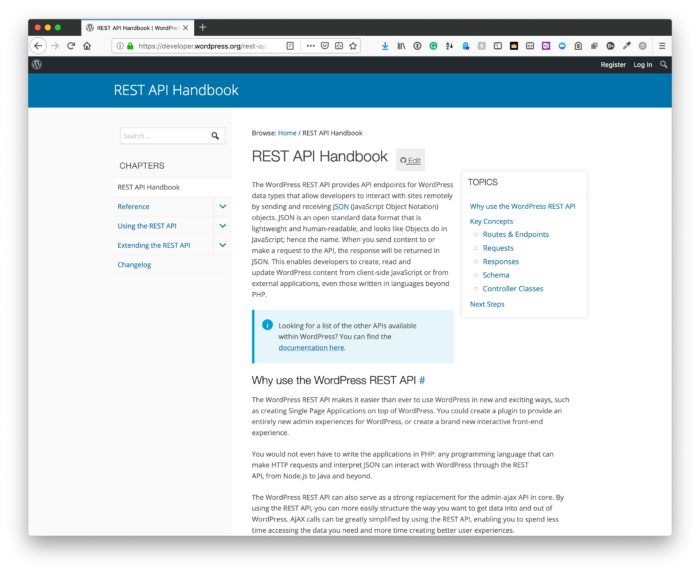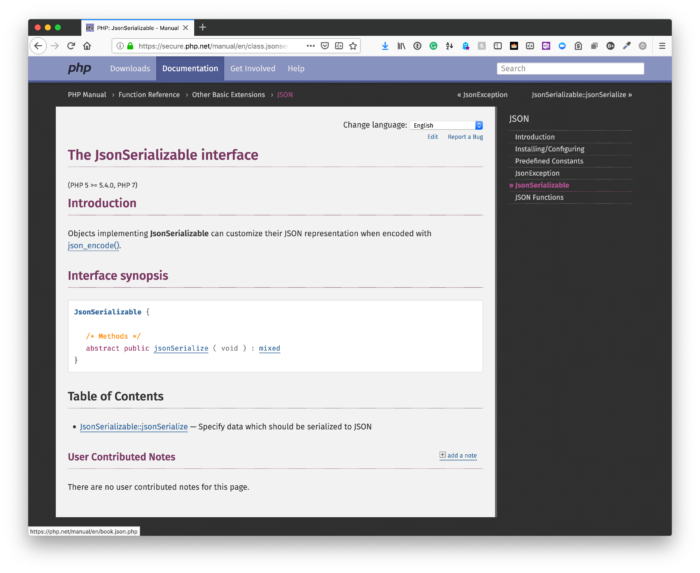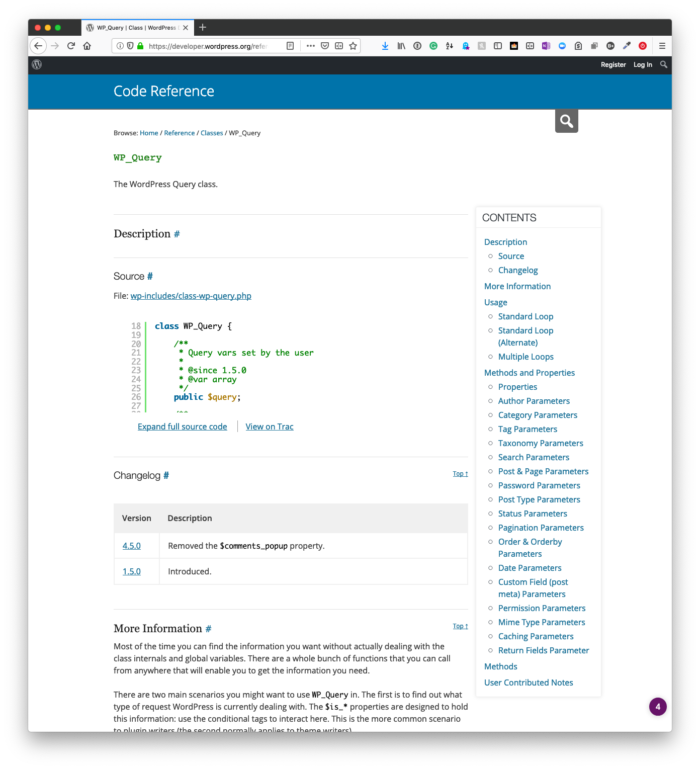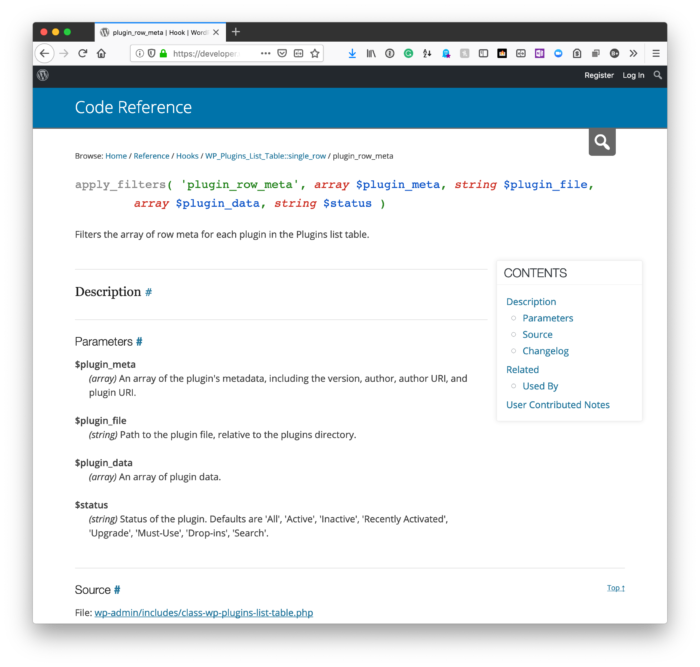The Pods Framework for WordPress, a specific utility that’s been around for a long time, offers a lot of functionality that can make working with advanced content types, custom settings, and so on.

I mention this because Pods is a popular utility and there are some features available that provide some nice functionality.
Through the use of shortcodes, it’s possible to perform some powerful database queries to retrieve information to populate forms dynamically.
One use case that I see showing up in a few results is how to populate a shortcode with the current user’s ID. There’s a forum post about it here and a continued discussion about it on Stack Overflow, too.
But if you’re looking for a way to filter the content to do this without reworking some of the existing shortcodes, there’s another way to do it.




